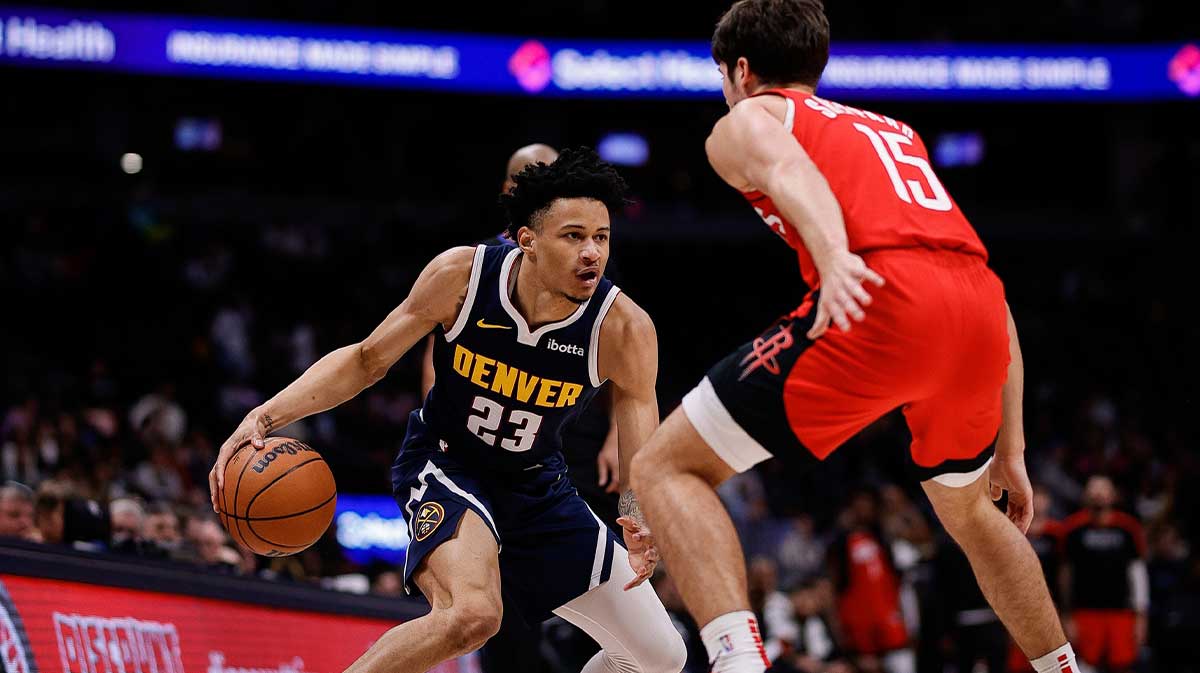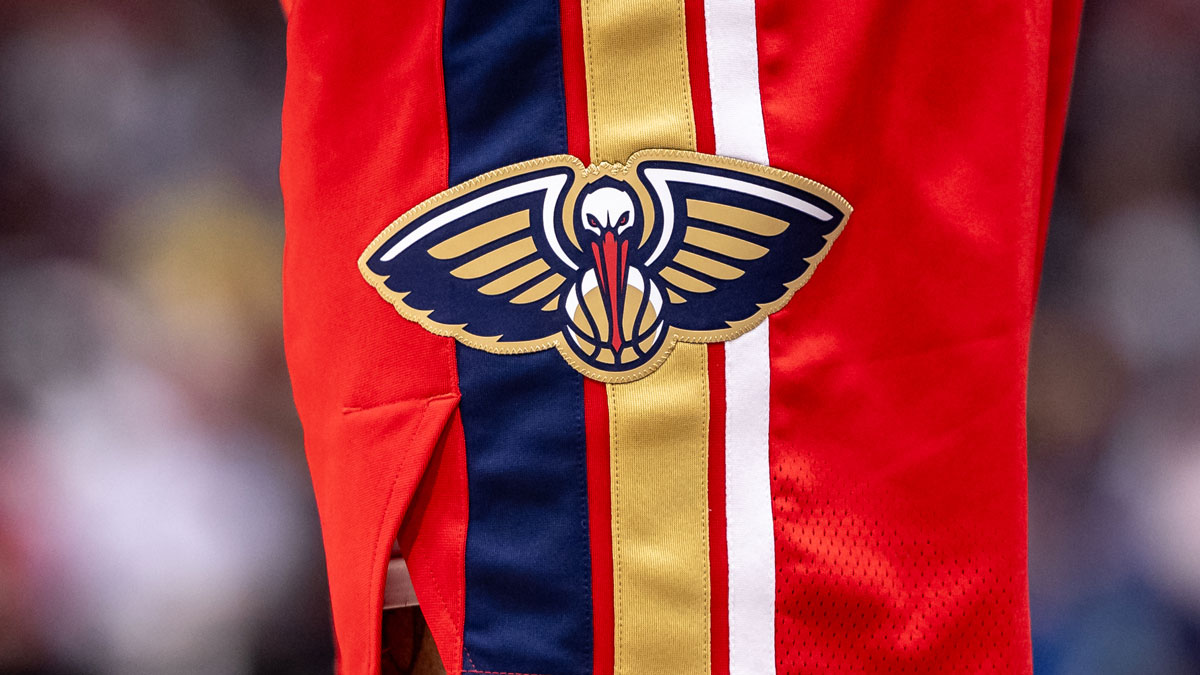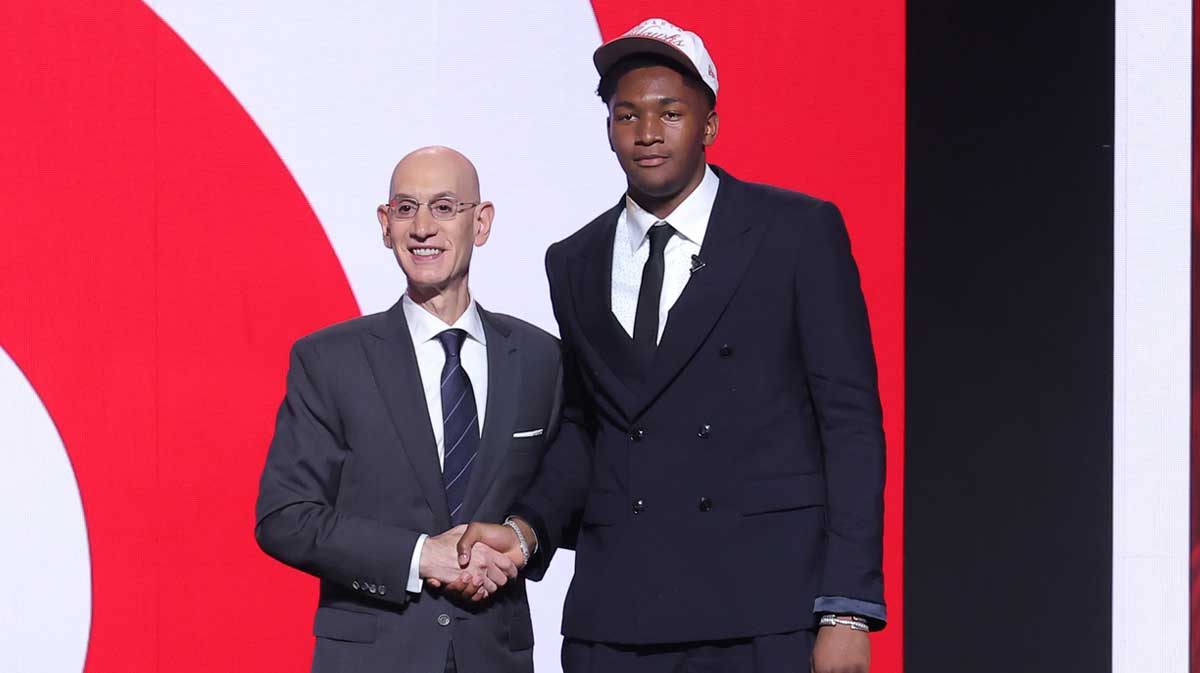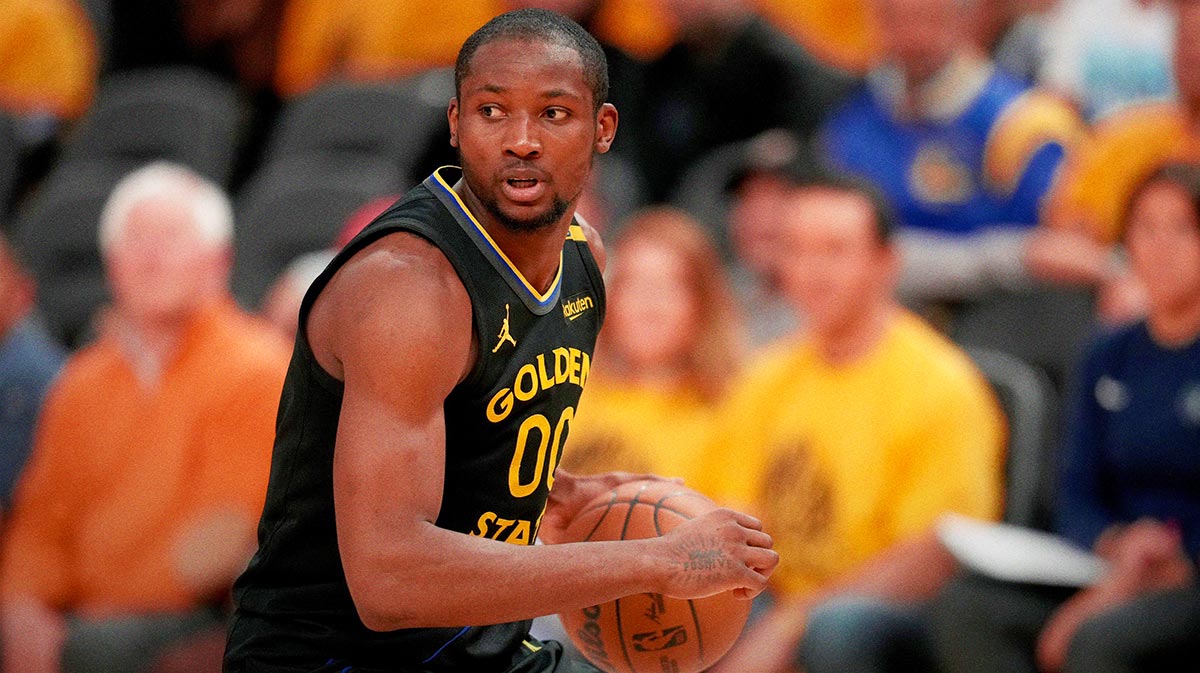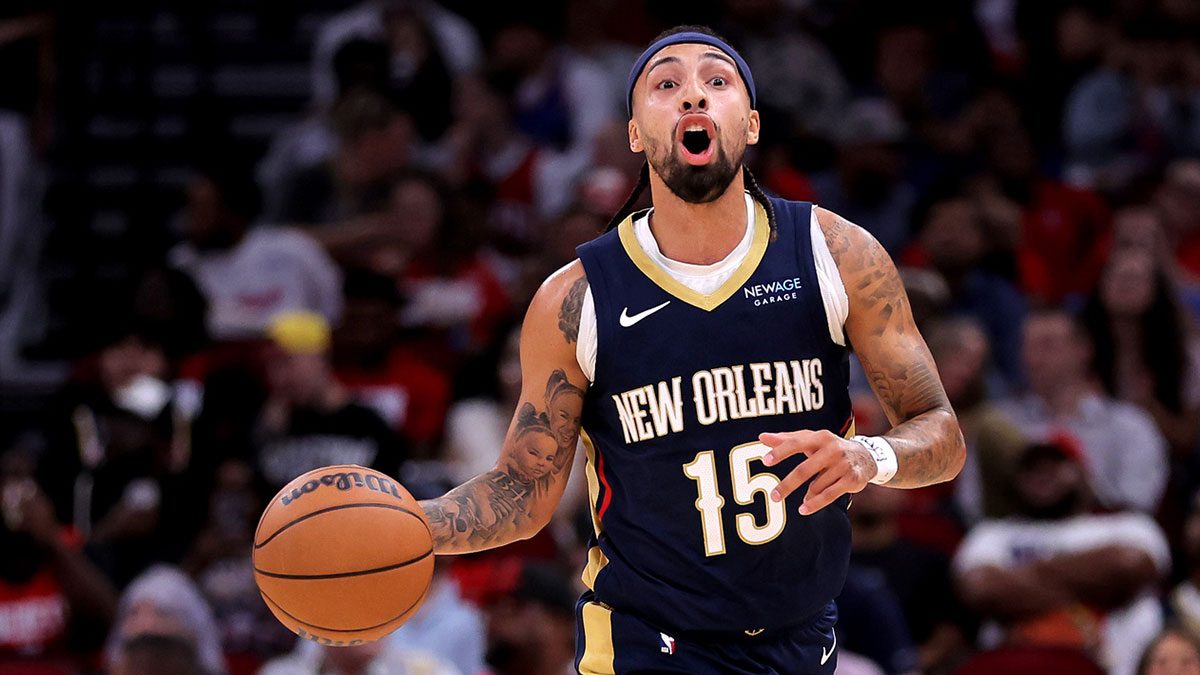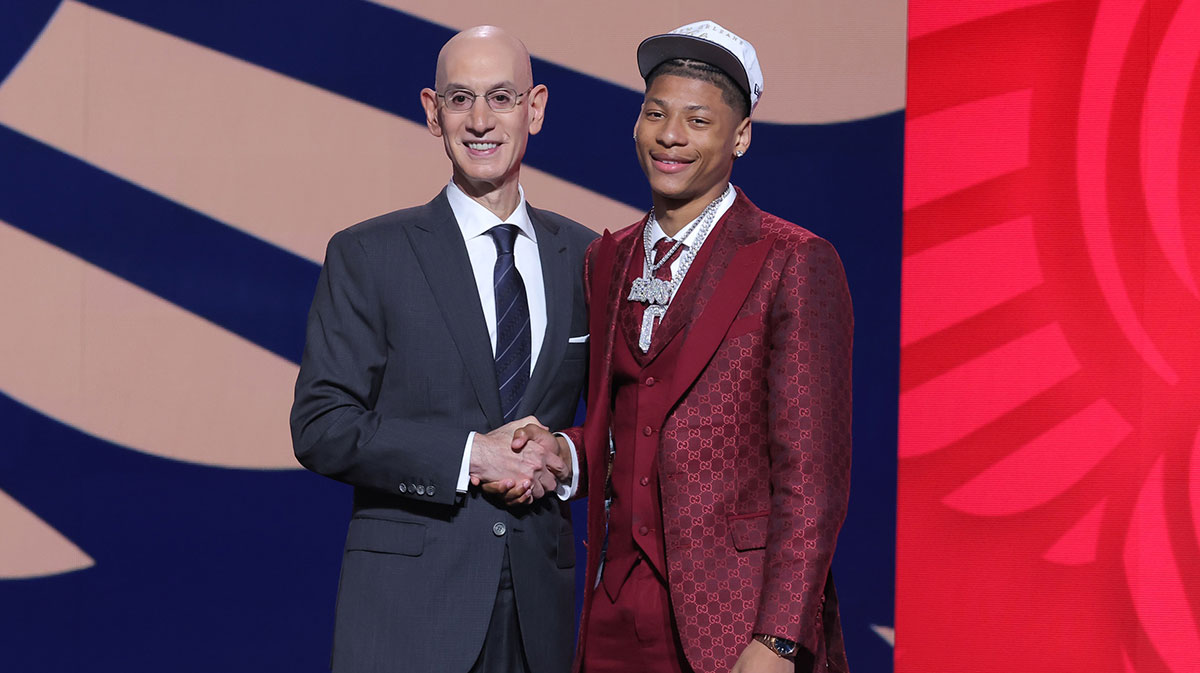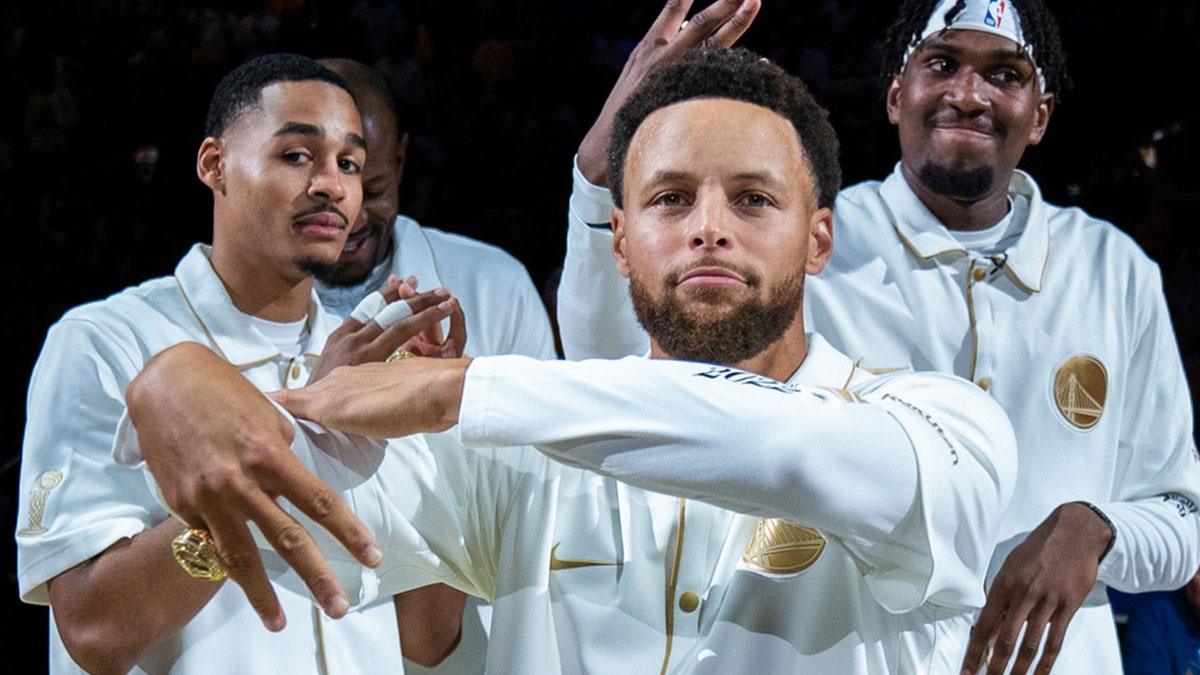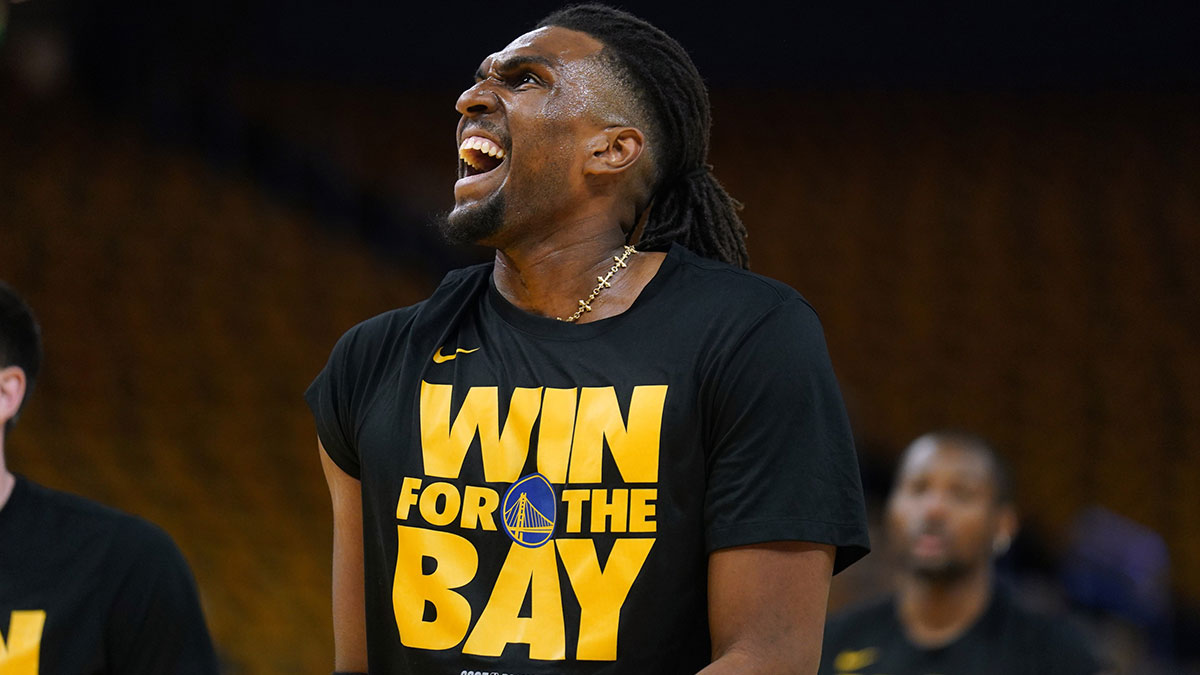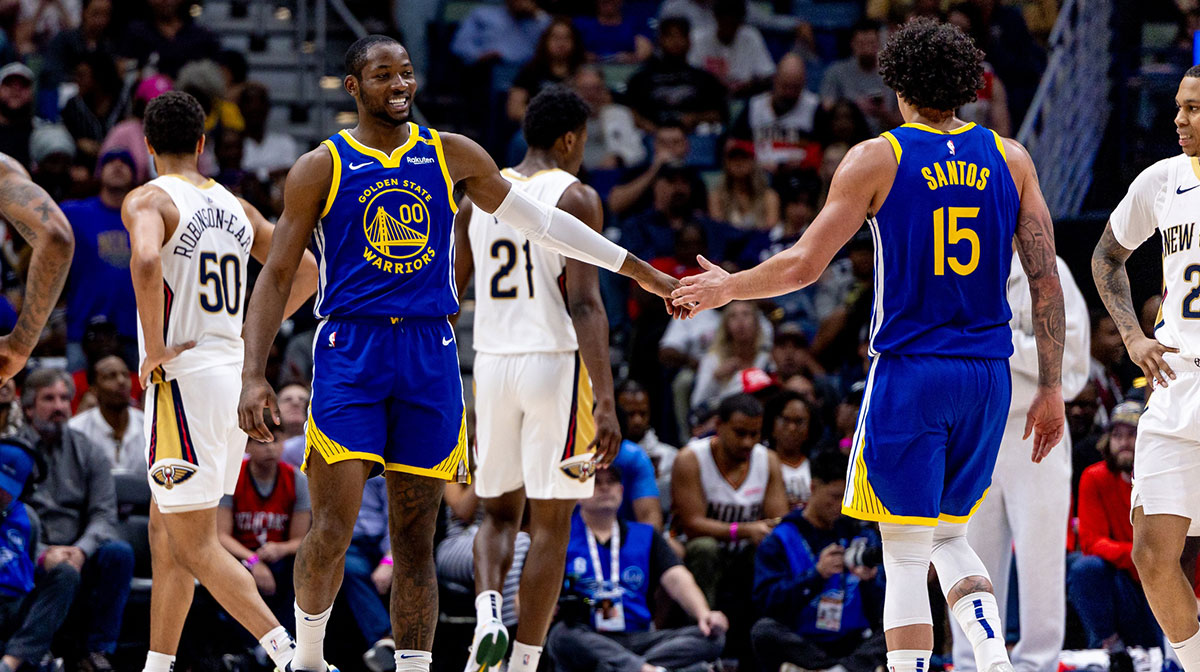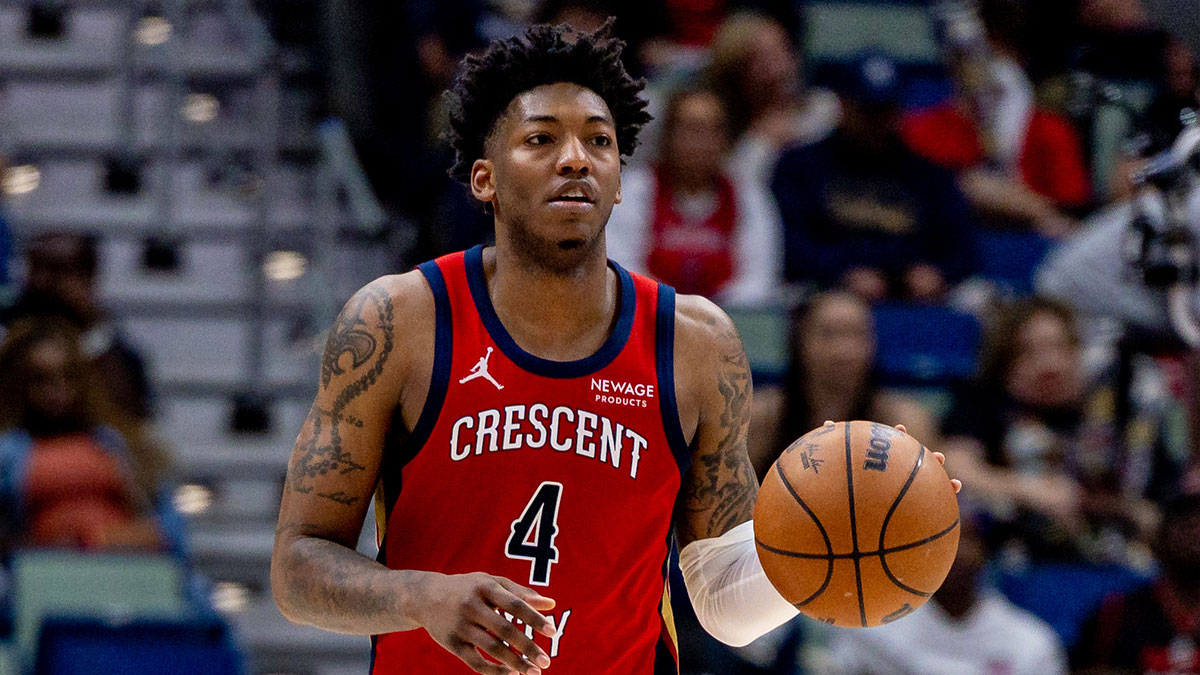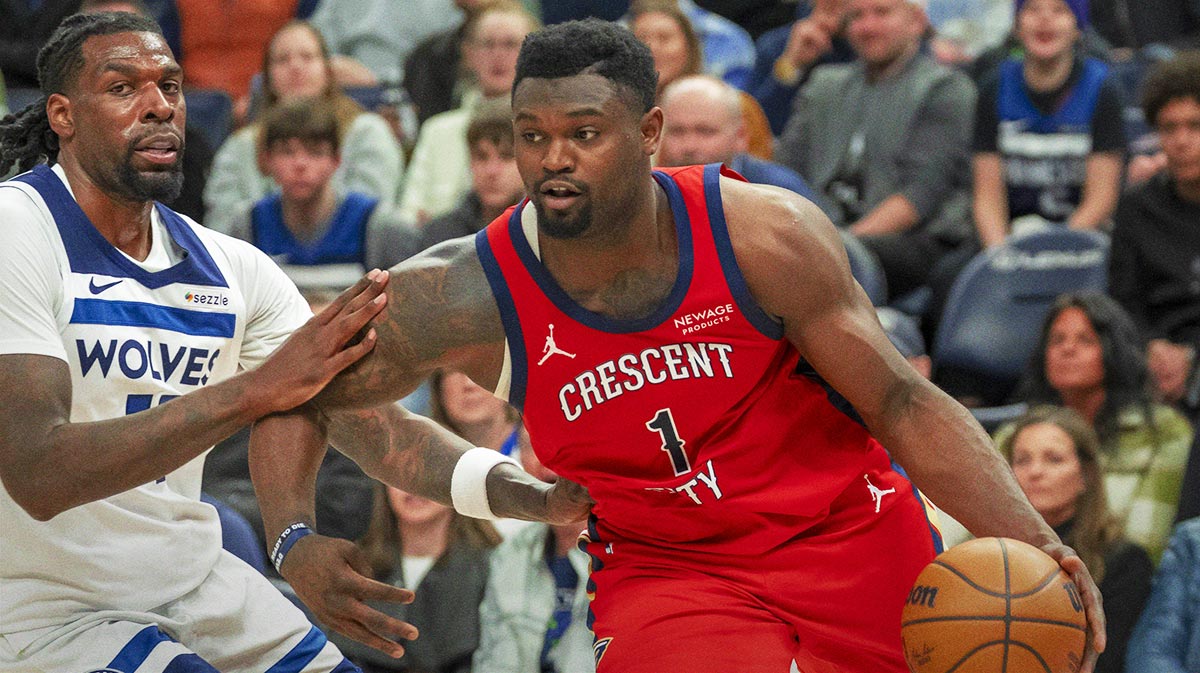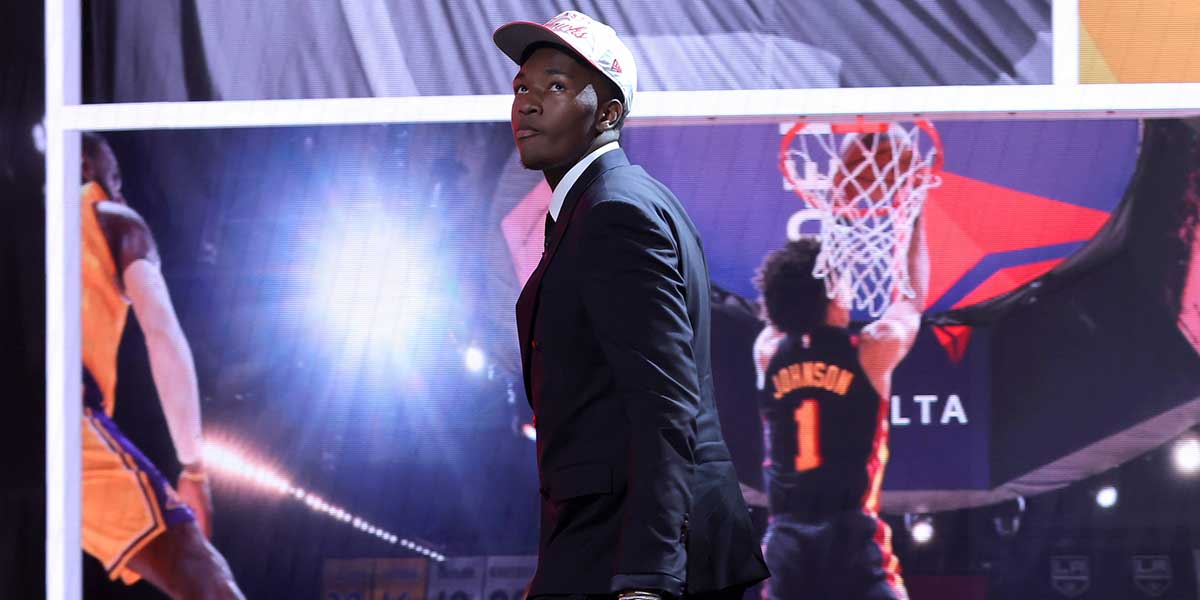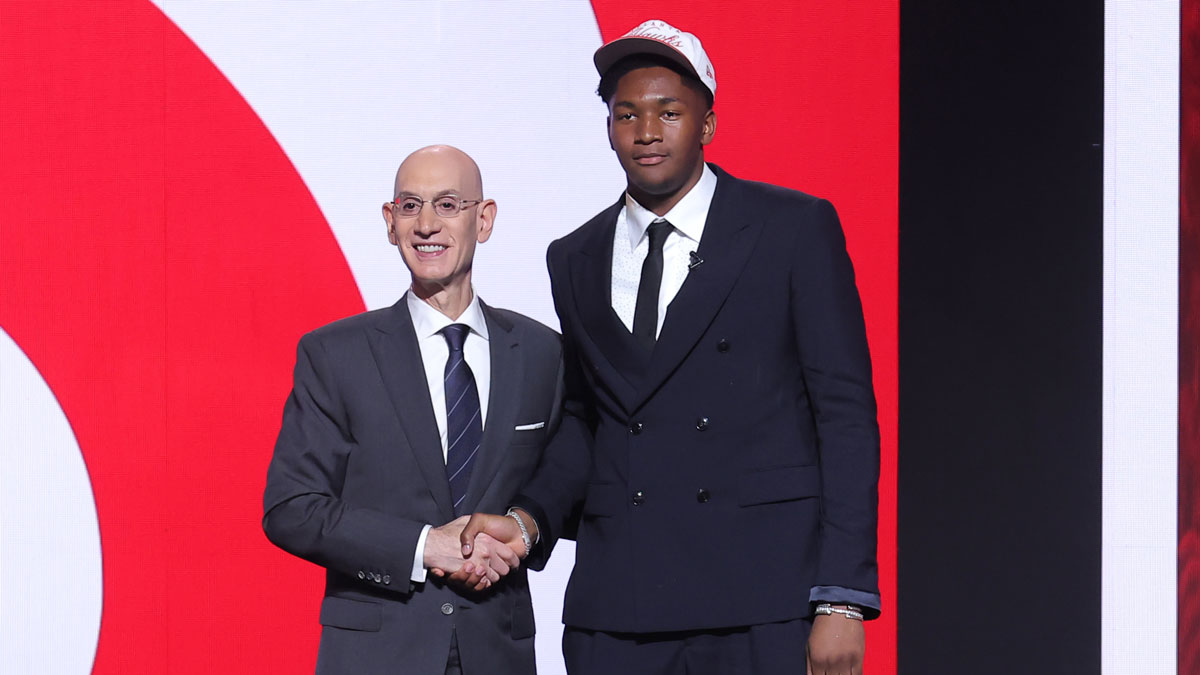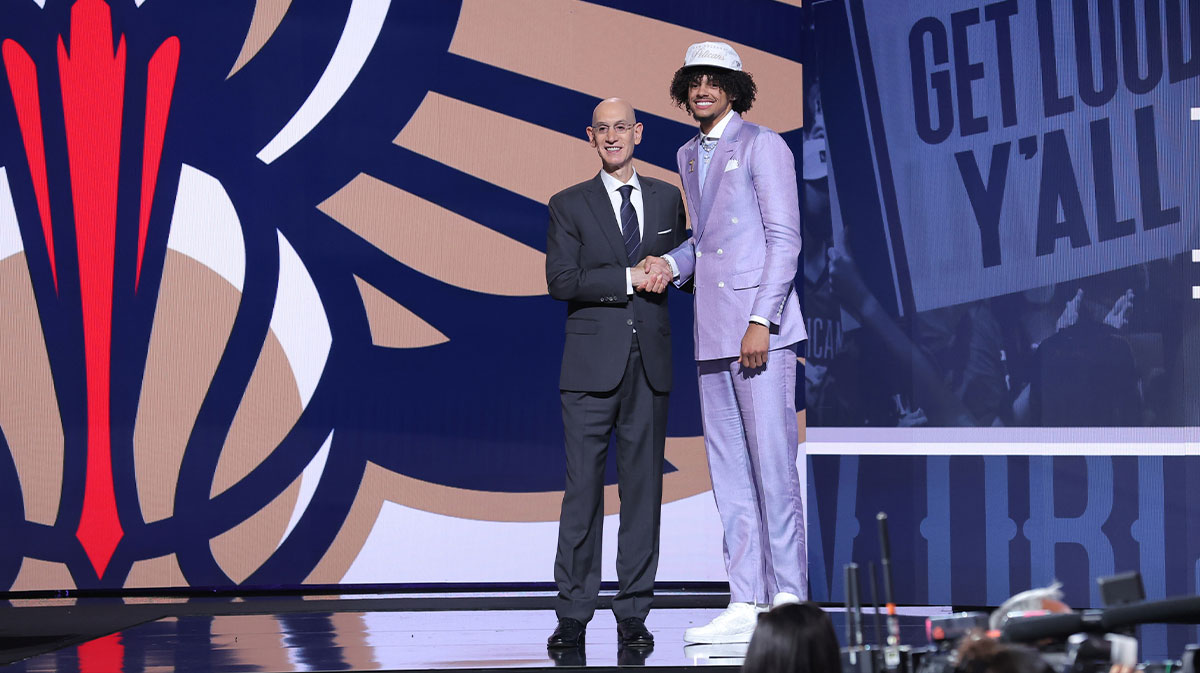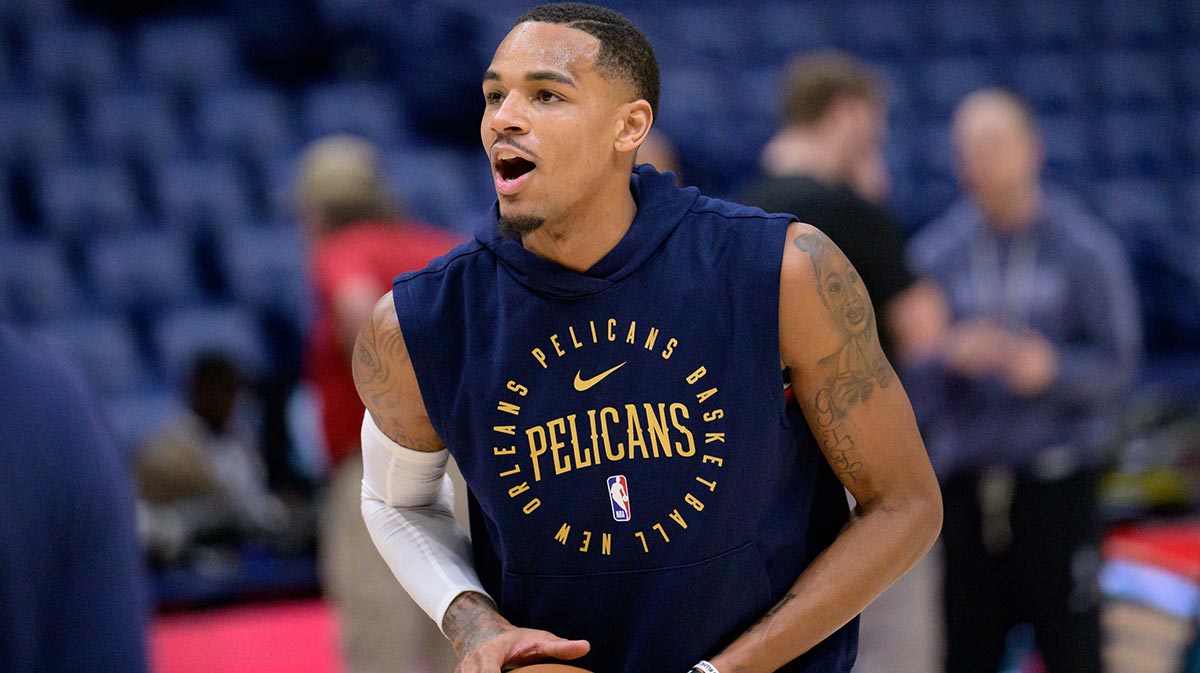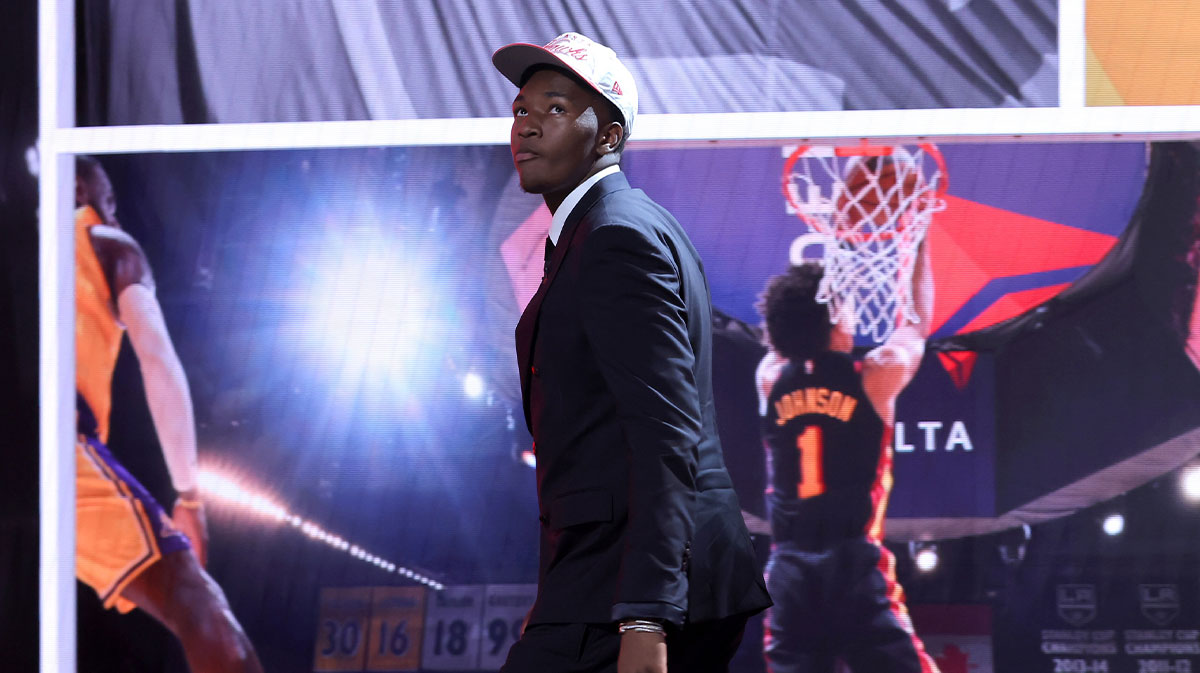At this point, it would be safe to say that the New Orleans Pelicans have proven to be the biggest disappointment in the NBA bubble thus far. The primary reason behind this is the fact that they were so hyped prior to the restart, with pundits and casual fans alike attesting to the Pelicans' dark-horse odds of making it to the playoffs in a ruthless Western Conference.
That all came crashing down on Sunday, as the ninth-placed Portland Trail Blazers posted a huge win against the Philadelphia 76ers behind an amazing 51-point performance by Damian Lillard (now that's a hype train worth riding at this point), which effectively took the Pelicans out of the running for the playoffs. New Orleans played their part as well on Sunday, logging a 122-113 defeat against the San Antonio Spurs.
That loss marked the Pelicans' fourth defeat in six games inside the bubble. They have had a tumultuous time since the restart, and have completely failed to live up to the hype that surrounded them during the season hiatus.
Their palpable lack of energy to start games, and their awful defense throughout were just a couple of the primary reasons that led to their downfall, but the most controversial of them all has got to be the playing time of rookie sensation Zion Williamson.
Williamson was one of the most hyped players entering the restart, with the 20-year-old going through a physical transformation during the hiatus. As it turns out, however, it was still the same old story for the first overall pick, with his fitness still the biggest question mark in his young career.
Zion was impressive when he was on the court, proving why he is touted as one of the brightest prospects in the league today. However, the Pelicans placed him on a strict minutes limit, as the young stud struggled to find his fitness. He played just 14 minutes in New Orleans' opening contest, and logged 25, 22, and 27 minutes in the next three games, which excludes a night off on Saturday in the second night of a back-to-back set against the Washington Wizards. Simply put, he did not have as much as an impact many had hoped for, and as such, also failed to live up to his pre-bubble hype.
New Orleans' disappointing run in the Disney World campus now leaves more questions than answers. One of them being the future of head coach Alvin Gentry. The 65-year-old has been at the helm for the Pelicans for five years now, and this team has only made it to the playoffs once during this span. Does he still remain in the future plans of the Pelicans' front office, or will he be receiving the ax in the offseason?
Their biggest decision, however, has got to be that involving their prized All-Star forward Brandon Ingram. The 25-year-old will be hitting free agency and is expected to be one of, if not the biggest name in the upcoming offseason's free agency class. He is expected to fetch a max deal, which more than a few teams out there might be willing to offer him should the Pelicans have second thoughts about it. Ingram has proven his worth this season, and it will be in New Orleans' best interest to put his situation at the very top of their list.
What then about Jrue Holiday? He is currently one of the best two-way guards in the NBA, but he's going to be 31 next year, so needless to say, he is no spring chicken. The 6-foot-3 combo guard has a player option on his current deal for the 2021-22 campaign, so if the Pelicans intend to deal him, now would be the ideal time. Holiday has been a key cog for New Orleans, but the front office will need to make a hard decision if they want to keep him on board for the next few years, or if they want to convert him into an asset while they still can.
The development of Lonzo Ball — or lack thereof — also plays a key role in Holiday's future with the franchise. Are the Pelicans ready to hand over the keys to Ball as their point guard of the future? He's been good in his first season in New Orleans, but his progress has been a far cry from that of Ingram, who also joined the Pelicans from the Los Angeles Lakers last summer. Ball's current deal also runs out by the end of the 2020-21 campaign, so like Holiday and Ingram, New Orleans will also need to make a decision on him. Do they offer him an extension or is it time to trade him away?
There is no denying that New Orleans still possesses one of the brightest young cores in the league today. However, their 2019-20 campaign has ended in disappointment yet again, and there are more than a few pressing matters that need to be addressed in what should be a pivotal offseason for them.

